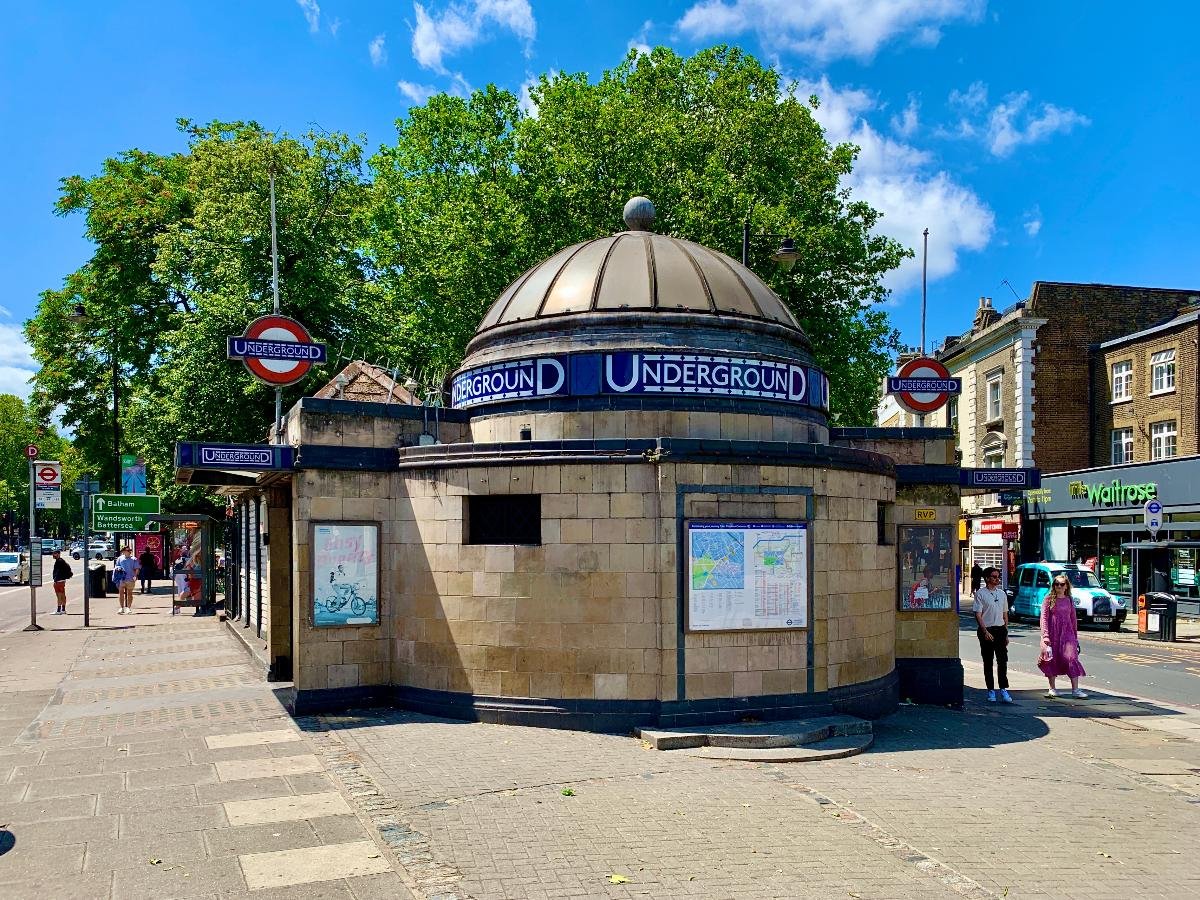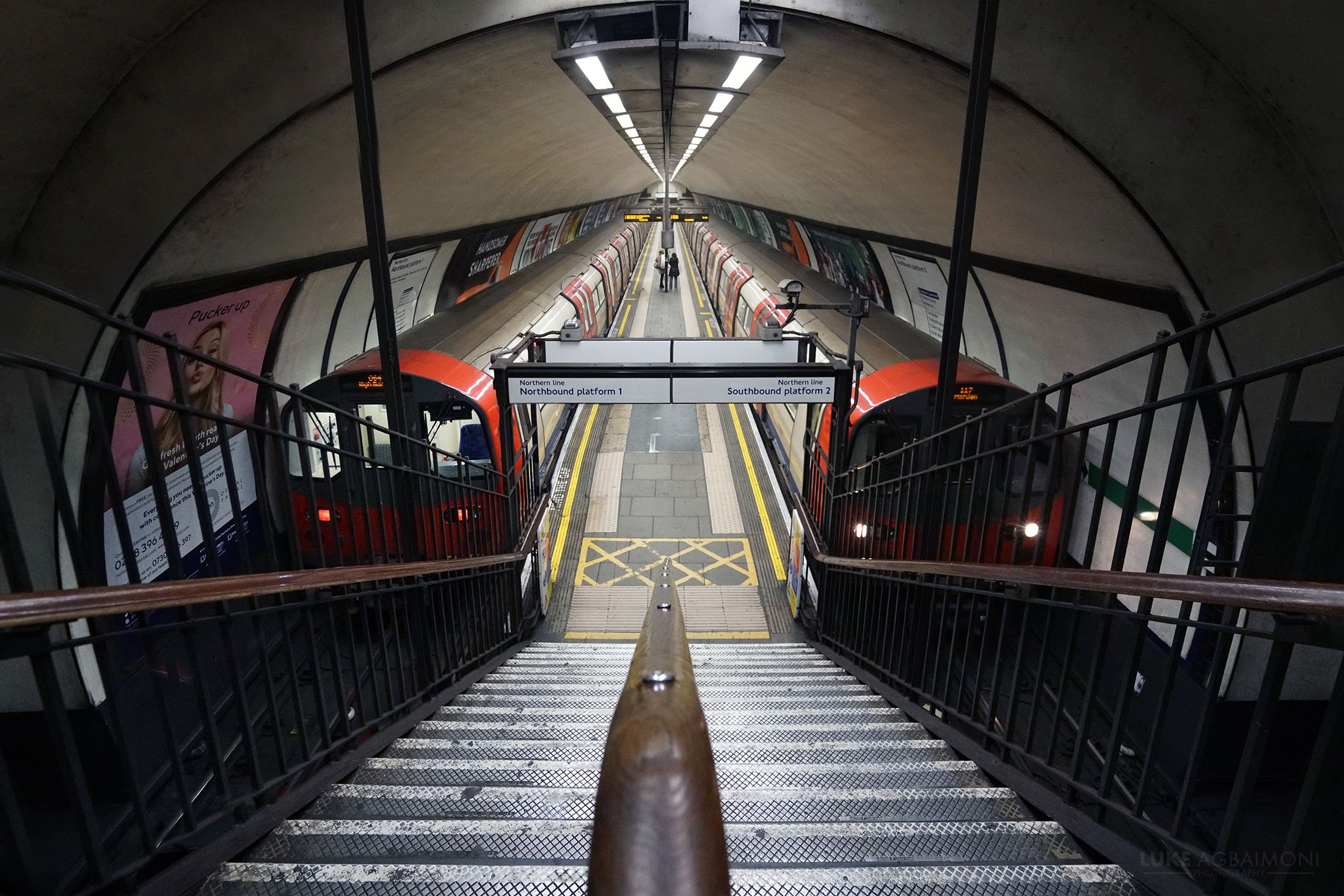

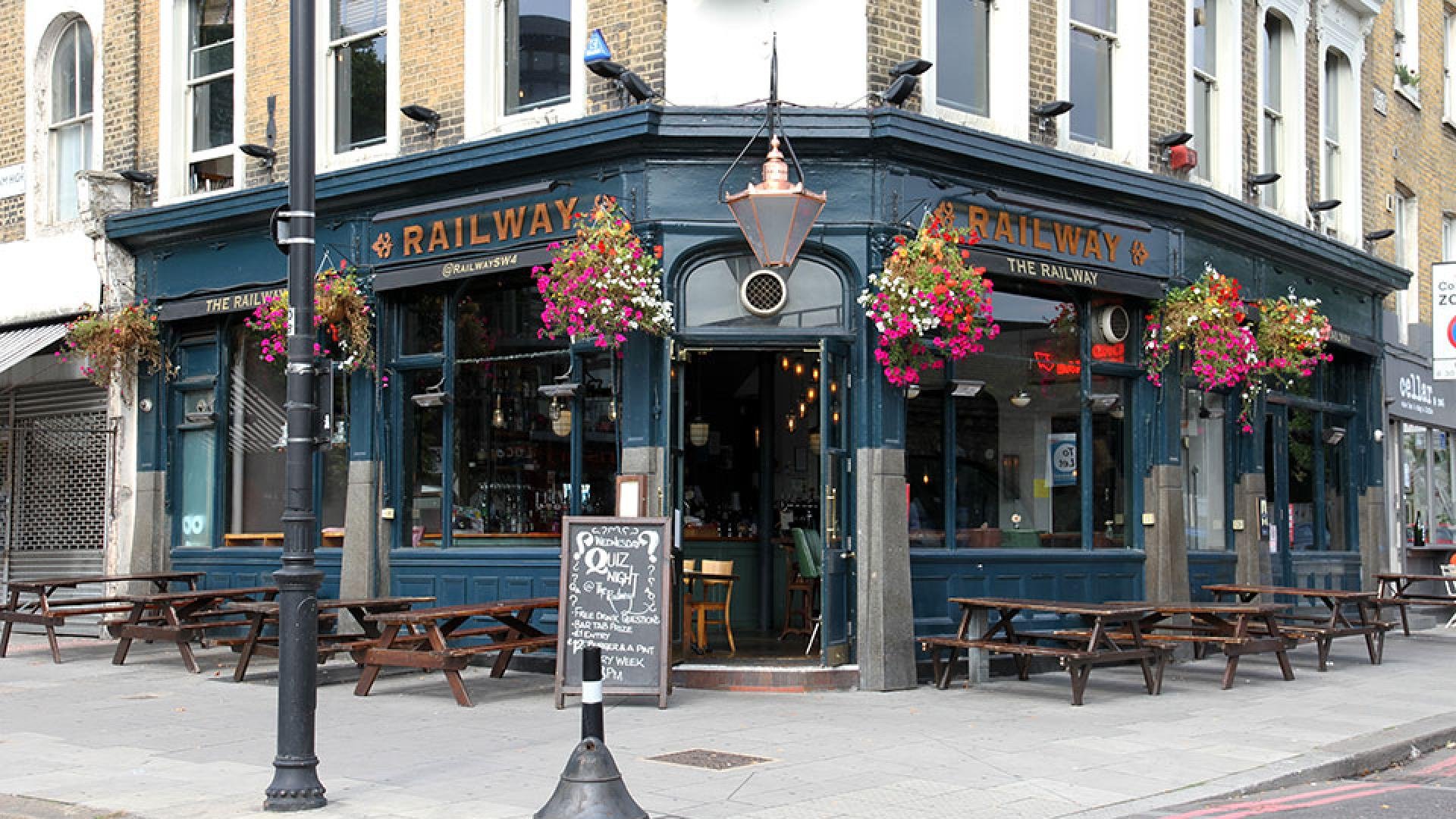



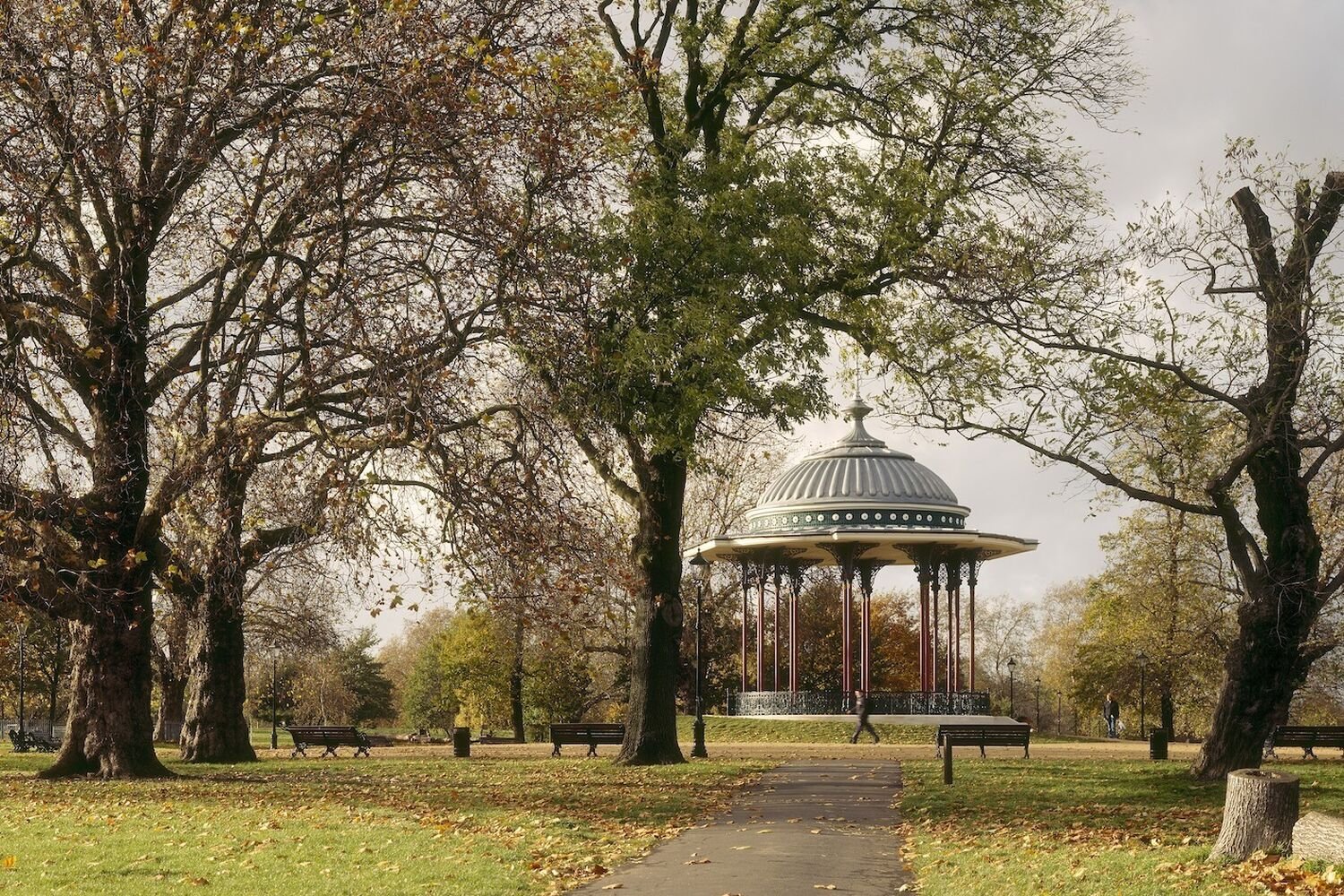








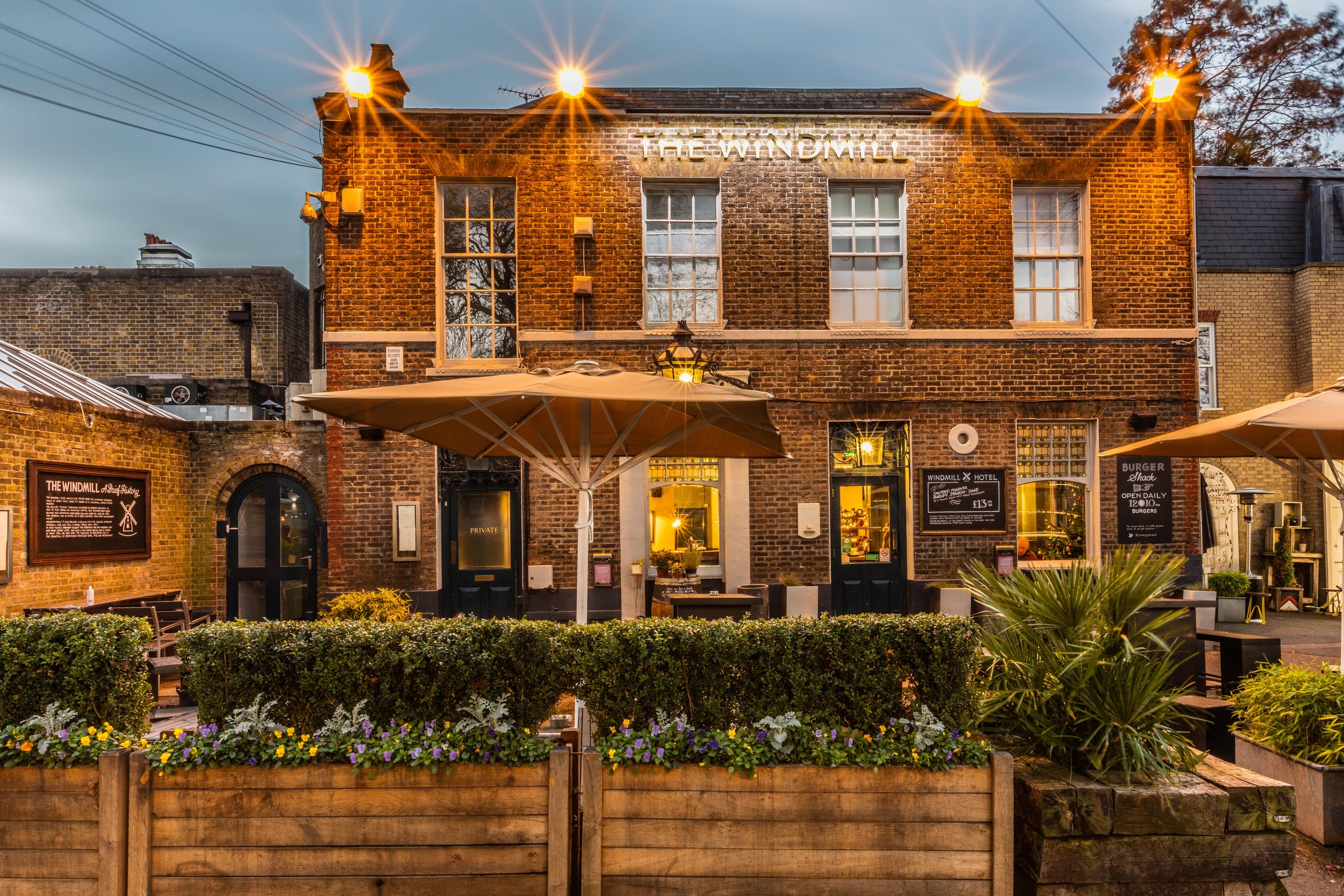
Energy and climate
Continuing to invest in decarbonisation, and reforming the energy market to make it affordable
The UK has made more progress than other comparable countries on the green agenda in the past 50 years, reducing carbon emissions by 44% since 1990
However, we are now back-tracking on our commitments, and progress is stalling
We have untapped potential from our wind, tidal, offshore energy resources, and our skills and universities
Consumers, businesses and governments are losing focus on the green agenda
Even though the global carbon impact of the UK is very small, we can lead the world in this area
People want to do something about climate, but are concerned about how it will be paid for, particularly given the cost of living crisis
Policy highlights:
Subsidise / finance insultation for homes and businesses
Build on Labour’s concept of Great British Energy
Retain Ulez, and the 20 zones, while enabling low cost financing of EVs for ordinary people
Subsidies and incentives to move more freight onto the railways
Reform local delivery markets in order to alleviate local congestion due to delivery vehicles
Invest in carbon capture and storage, hydrogen and marine energy, large scale and new nuclear
Not issue new coal licences
Phased introduction of a carbon tax
Introduction of a National Wealth Fund
Housing
Investing in new homes, social housing and affordable home ownership
Wealthy overseas investors continue to buy up property
Property has become about investment rather than a home
Too many houses remain empty
First time buyers face an ever-growing challenge of getting on to the housing ladder
There is a lack of affordable housing
The big house builders are profiteering
Planning laws and the planning system are a major barrier
Interest rate rises mean mortgages are unaffordable
1 in 4 Londoners at risk of missing mortgage payment
The Average age of first time buyer is 34 (35 in London)
Policy highlights:
Relax planning laws to enable 5-7 story buildings in London
Enforce rules for affordable housing in new developments
Build 300,000 new houses per year, in line with the other parties
Support first time buyers with mortgage relief, increasing investment in existing help to buy, first home guarantee, family home guarantee, first home buyer support, and first home super saver schemes
Community and safety
Investing in community and national public service to tackle the root causes of crime, and improve safety on our streets
Many of our national issues stem start from our local communities
We have a major problem with knife crime and violent crime
Knife crime is still a major issue. Children and young people are being killed
Gangs are proliferating
Anti-social behaviour is rife
More teenagers killed in 2023 than 2022, 21% increase
Women still fearful on our streets
Funding cuts have led to the closure of more than two thirds of council-run youth centres in England and Wales since 2010
We know that investing in our communities works, particularly in London
Policy highlights:
Introduce a programme of national community and national public service, open to all
Offer additional tax break for charities and community work
Invest in youth clubs and youth centres
Invest in community clubs
Increase neighbourhood police
Introduce tougher sentences for knife offences
Health and social care
Implementing radical reform of our health system, learning from international models
We have higher waiting lists, and worse healthcare and social care outcomes than most of our peers in the UK
The NHS is at breaking point
Morale in our health and social care systems is at an all time low
Waiting lists have almost tripled over the last decade. There are currently 7.7 million waiting for routine hospital treatments
GP practices are struggling to keep doors open
1 in 3 GP surgeries are struggling financially
There is an acute scarcity of NHS dental practices, with people treating themselves or travelling hundreds of miles for treatment
We have forgotten about the “key workers” of COVID-19
The health and social care systems are very difficult to fix, and need fundamental reform
But the NHS is a sacred cow and a highly emotional topic
Other European countries have better functioning systems, where healthcare is still free at the point of delivery
There is a close link between social care and health care, but they are currently managed separately
Social care has not been properly funded, by successive governments
Recent NHS Confederation survey: Conservatives have run our health service into the ground
Policy highlights:
20 year migration to a model used in other countries of insurance-based funding
Investment in more GPs, front-line staff, less managers
Address the wider causes of ill-health, food tax, exercise
Enable free movement for medical professionals
Pay NHS workers properly
Thin out NHS trusts, tackle the fat cat cronyism culture
Coordinated programmes to tackle obesity and mental health epidemics
Ban junk food advertising to children
Enable use of open spaces for school PE, commons
Introduce a "COVID-19 week" memorial, week of voluntary action and recognition of our health and care workers
Properly tackle waste and inefficiency in the health service
Combine health and social care departments
Education
Reforming our education system to make it fairer and better for all
In many places, including in London, the education system post primary school is sub standard
Parents and students have choices … but none of the choices is optimal
We either have to pay for private education, send our children to religious schools, single sex schools, selective schools, …
Our primary schools are excellent in many cases
Although investment in school places for young people with Special Educational Needs and Disabilities (SEND) has increased, more investment is needed
Internationally, other countries offer good education for all
In many countries, all children go to their local school
Policy highlights:
Invest in local secondary schools, including >6,000 additional teachers
Support and celebrate teachers, pay them more
Increase parent involvement in schools by investing in parent teacher associations
Increase funding for SEND places in mainstream and specialised schools
Use national community service programme to support schools with in-school and extra-curricula activities
Enable state schools to use public spaces for exercise and sport
Enable at least 2 hours of physical education every week in every school
Europe
Acknowledging that we are not getting any benefits from Brexit, and seeking to re-join Europe
Clapham and Brixton Hill voted 81% for remain
No one is able to articulate any financial benefits from leaving Europe
Independent studies suggest vast costs of leaving, up to 5% of GDP
Brexit brought additional red tape, admin
Loss of free movement means businesses are struggling for staff
This affects every sector of the economy
We have put at risk to the Union with Scotland, Northern Ireland, and Wales
Northern Ireland is of particular risk and we never resolved the issues here
We made a mistake
2/3 of Britons support a referendum on rejoining
There has been a conspiracy of silence around it during this election
Policy highlights:
Introduce an independent commission to assess the costs and benefits of Brexit
Open a debate on how to address the findings
Promote reform, including free movement for key workers
Depending on the results of the independent commission, hold a 2nd referendum on Europe
International and defence
Not standing by on international injustices including in the middle East
According to the UN, international observers, and many countries in the international community, Israel have exceeded what is reasonable self defence
The Ukraine conflict has lasted over 10 years, including the last 2 years since Putin launched his large scale invasion. There is no sign of a military resolution. While the conflict continues, many people will die
The middle east and Ukraine conflicts can only ultimately end as a result of political resolution, with the international community facilitating political agreement
There are many geo-political threats in the world beyond Ukraine and Gaza that the international community is not addressing
Britain has a history of standing up for international injustices
Our armed forces have been trimmed to the bone in a period of geo-political conflict and risk
The nature of warfare is changing, meaning we need to rethink our defence capabilities
Policy highlights:
Promote a 2 state solution in the middle easy, through an international community-led peace process
Continue to invest in our nuclear deterrent, while re-invigorating the international nuclear disarmament programme
Strengthen our armed forces through a national military service programme
Adapt our military to the changing global context, such as electronic warfare, AI, robotics, insurgency, terrorist threats, alliances
Facilitate further collaboration between the defence industry and government on strategy, R&D and export
Invest more than 2% of GDP in defence, with a longer term target of 2.5%
Electoral system
Reforming our political system so that your voice is heard, including proportional representation
People have never been more disillusioned with the political system and the political choice they have at this election
Our political system needs reform
In particular, first-past-the-post is not working for people
Recent reports show trust in politics is at an all-time low
People are accepting the status quo, but it can be changed
A new constituency – Clapham and Brixton Hill – is an opportunity for a new beginning
Policy highlights:
Introduce proportional representation (single transferrable vote)
Increase funding for independent candidates
Pay MPs more, linking pay to performance
Lower voting age to 16
Introduce electronic voting
Reform the House of Lords to include members of the public and independent members
Hold selective advisory referenda
Transfer power out of Westminster and into local communities, with further devolution
Funding and finances
Being honest and fair with people about tax,
spend, growth and borrowing requirements
IFS report on manifesto costings says parties are being dishonest, not acknowledging the challenge
Based on our country’s financial position, we will need a combination of growth, taxation and spending/efficiencies
It will not be easy
Tax levels, including business tax, have been uncertain in the past which makes it impossible to plan
Policy highlights:
Build closer trading ties with our largest international trading partners, including Europe
VAT on schools, tax oil companies, carbon tax, wealth tax
Cap business tax to end of parliament
Efficiencies in government departments
Crackdown on tax avoidance, particularly by large businesses and the wealthy







